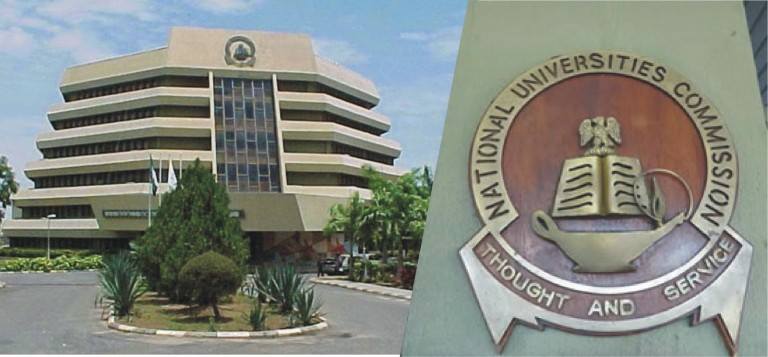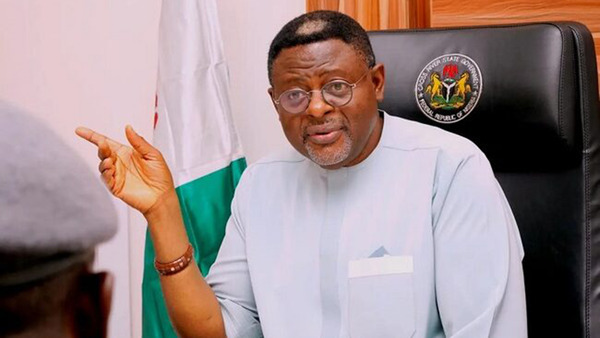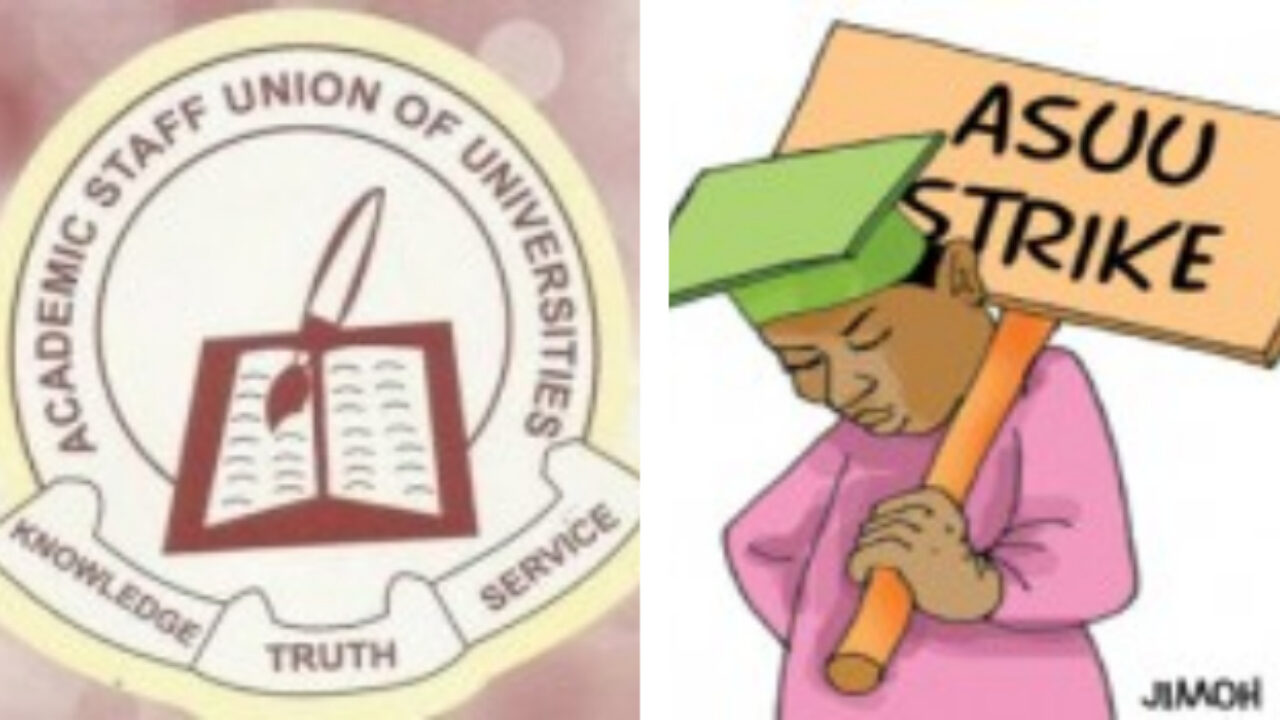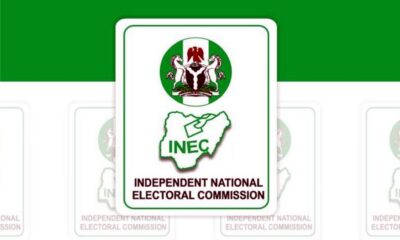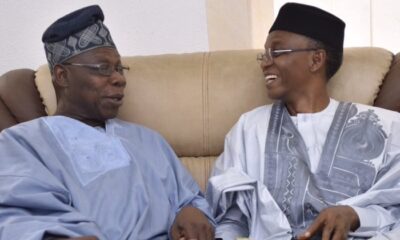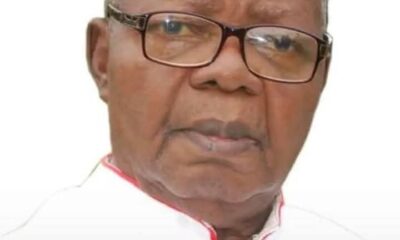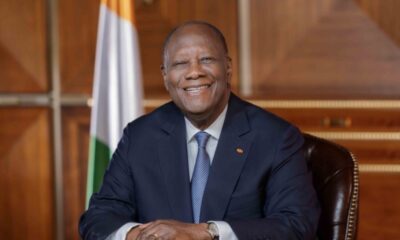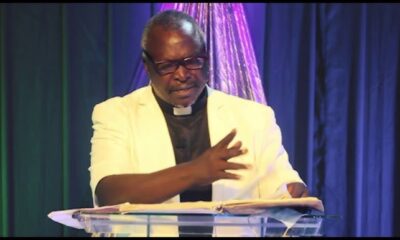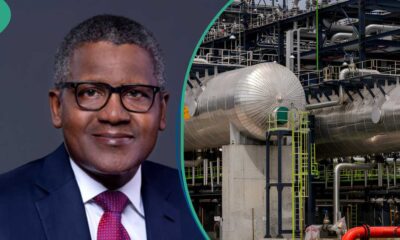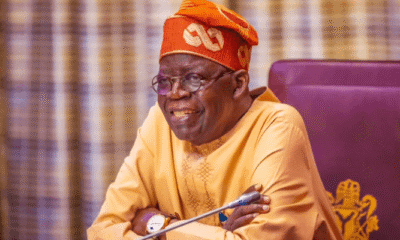The Cross River State Government has shut down 36 unapproved schools, ranging from primary to secondary schools, operating without registration or official approval across three local government areas of the state.
The state Commissioner for Education, Professor Stephen Odey, who confirmed the development on Tuesday in Calabar, the state capital, described the situation as “unfortunate,” noting that some individuals continue to exploit unsuspecting parents by running unauthorised schools.
He explained that the closures were executed by the state task force on illegal schools, which was inaugurated earlier this month and warned that the ministry would no longer tolerate any unauthorised or “mushroom” operations in the state’s education sector.
“We have begun full-scale enforcement across the three educational zones in Calabar, Ikom, and Ogoja to sanitise the system and ensure that only schools meeting the required standards are allowed to operate,” Odey said.
The ministry’s publication listed 16 affected schools in Calabar, 10 in Ikom, and another 10 in Ogoja, all found to be running without government approval.
Reaffirming the government’s commitment to quality education, Odey stressed that only duly registered and accredited schools would be permitted to function.
He further advised parents and guardians to verify the approval status of schools before enrolling their children, warning that the enforcement exercise would be extended to all 18 local government areas in the state.
“This exercise will continue until every illegal school is either regularised or shut down. We are determined to protect the integrity of education in Cross River State,” Odey stated.
punch.ng
FOLLOW US ON:



